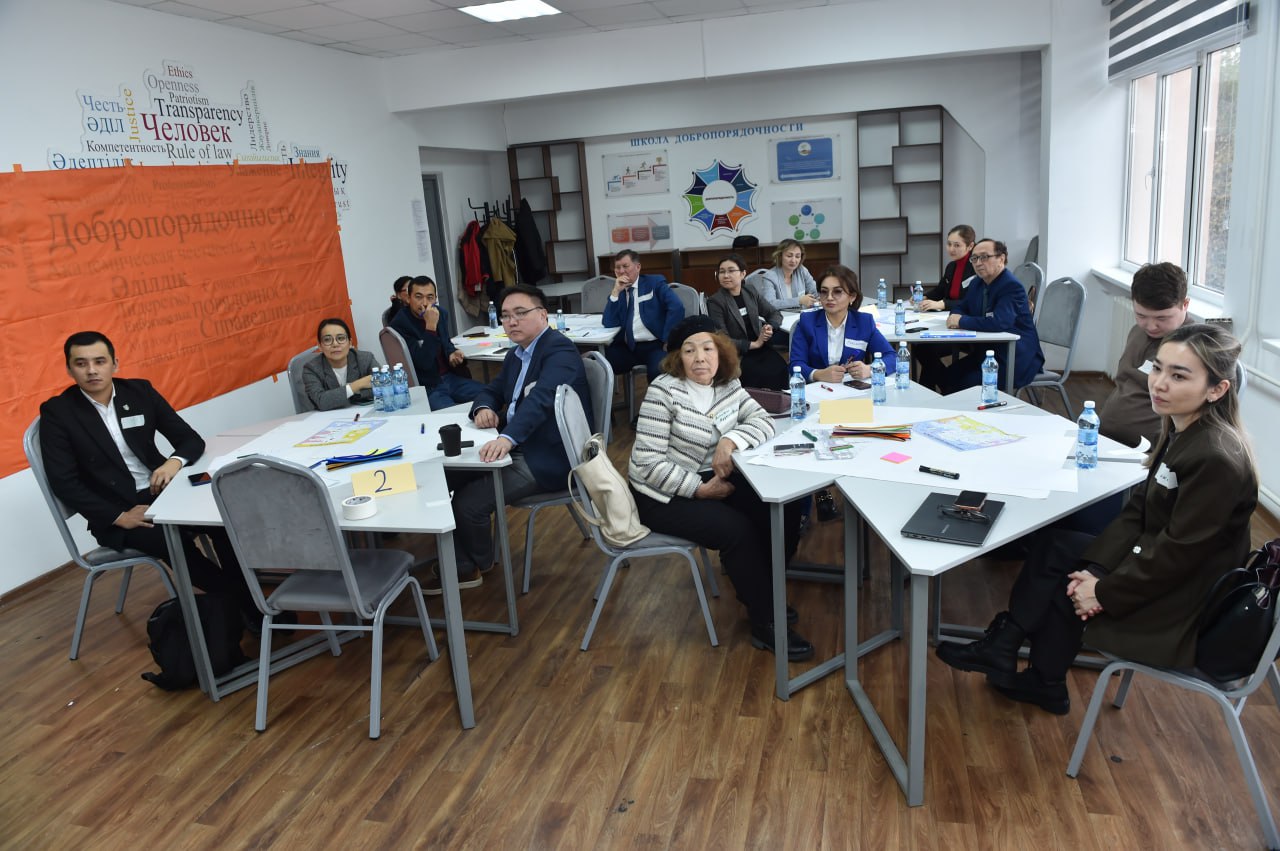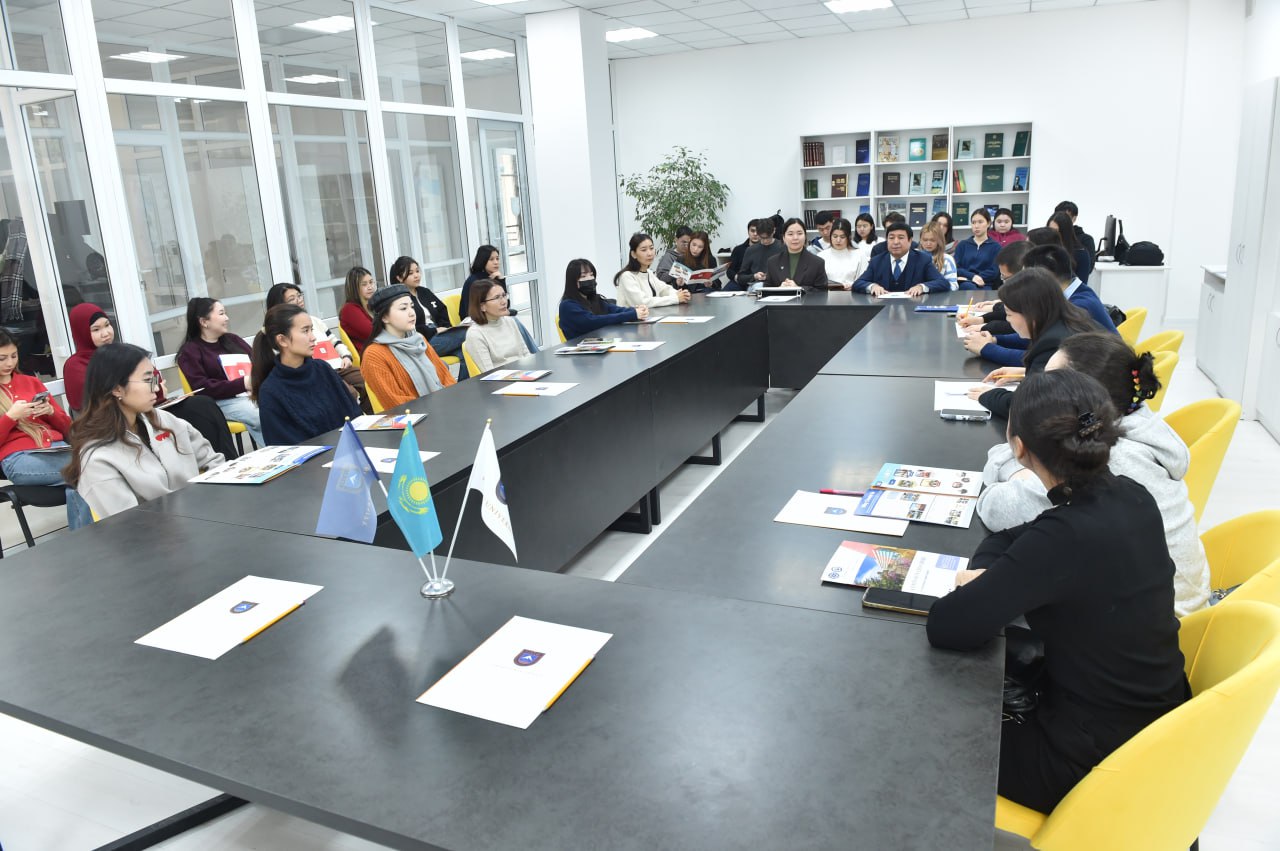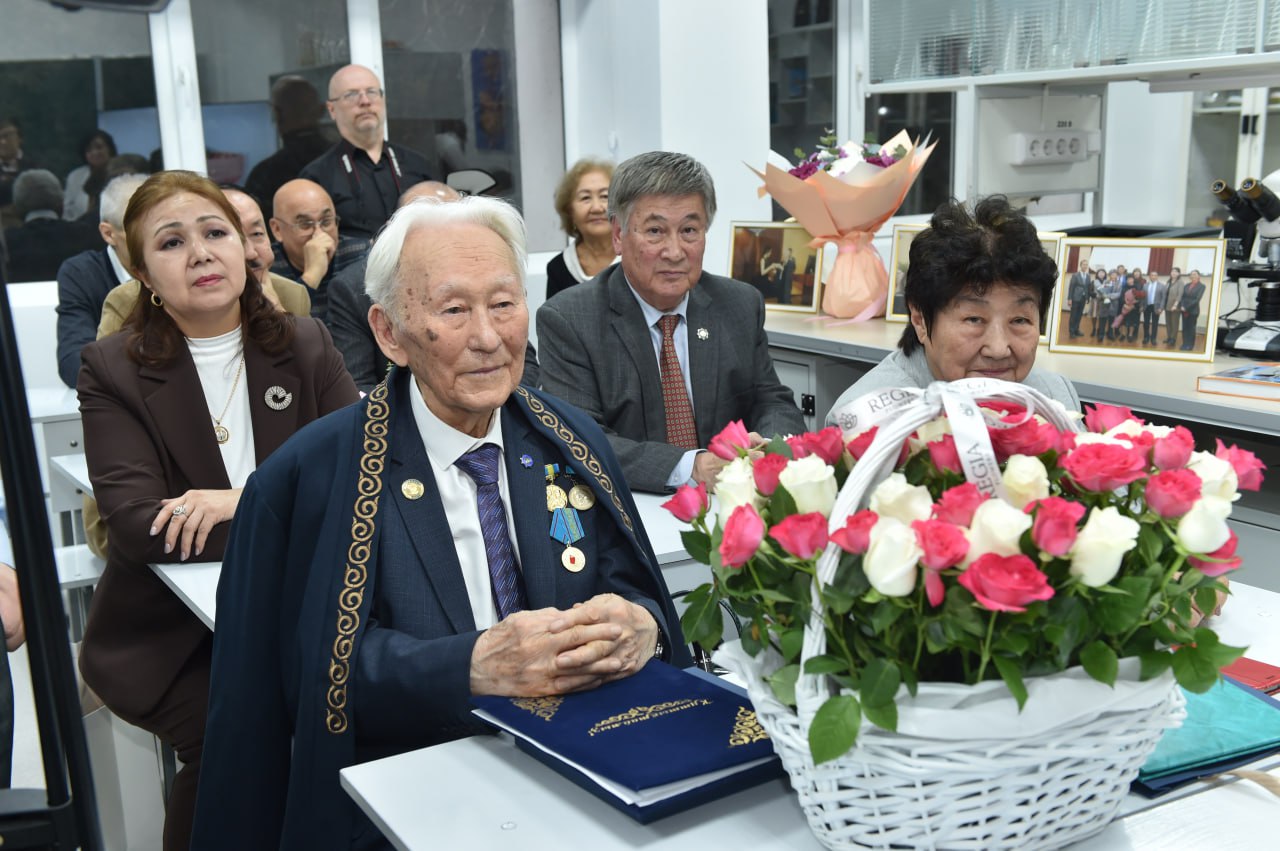Development of microqualifications at the present stage
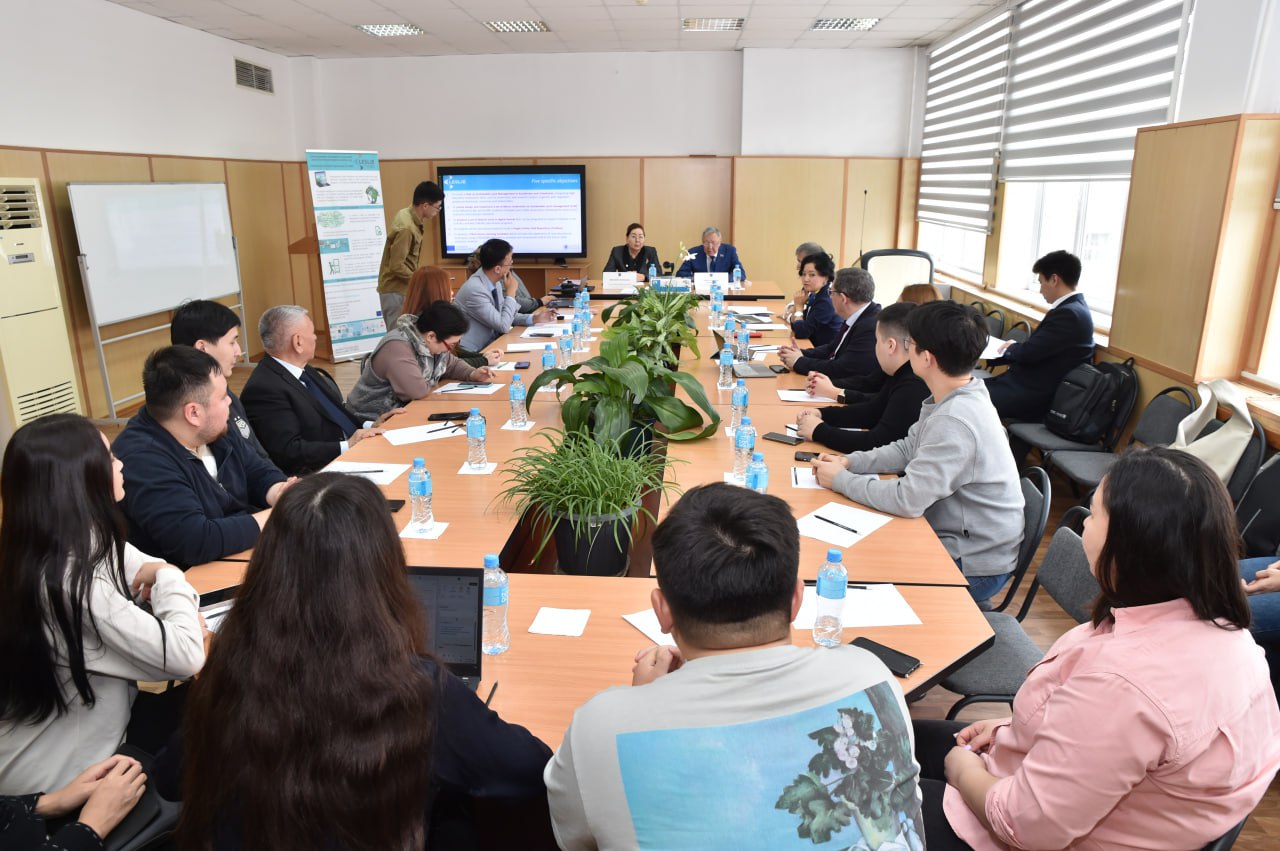
Al-Farabi KazNU hosted an international seminar ‘Development of microqualifications at the present stage’ within the framework of ERASMUS-EDU-2023-CBHE LESLIE project ‘Land management, environment and solid waste: education and business in Central Asia’.
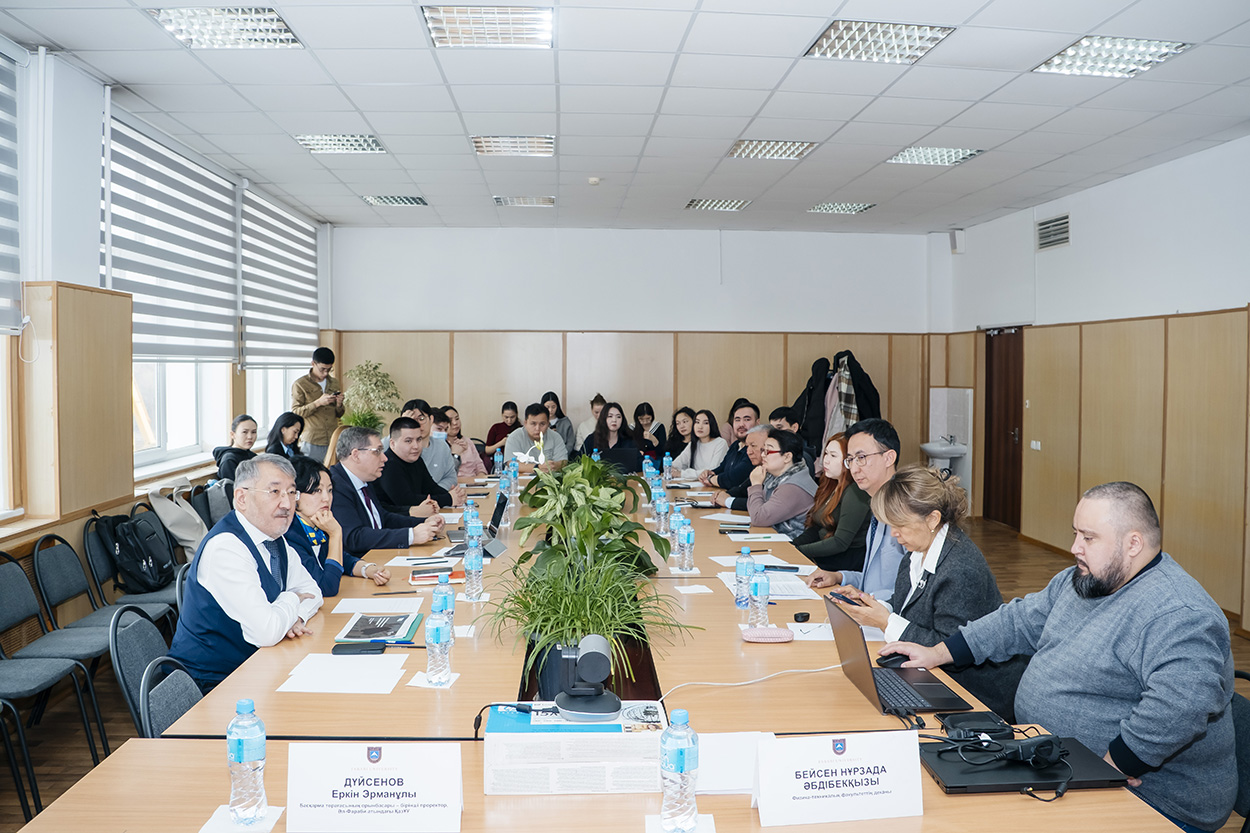
The project is implemented by 14 partners from 3 countries of the European Union (Spain, Italy, Cyprus) and 2 countries of Central Asia (Kazakhstan and Uzbekistan) with the support of the Ministry of Science and Higher Education of the Republic of Kazakhstan and the Ministry of Higher Education, Science and Innovation of the Republic of Uzbekistan.
The aim of the workshop is to create a dialogue platform for discussing and highlighting current trends in the development of microqualifications in the field of sustainable development for implementation in Central Asian universities.
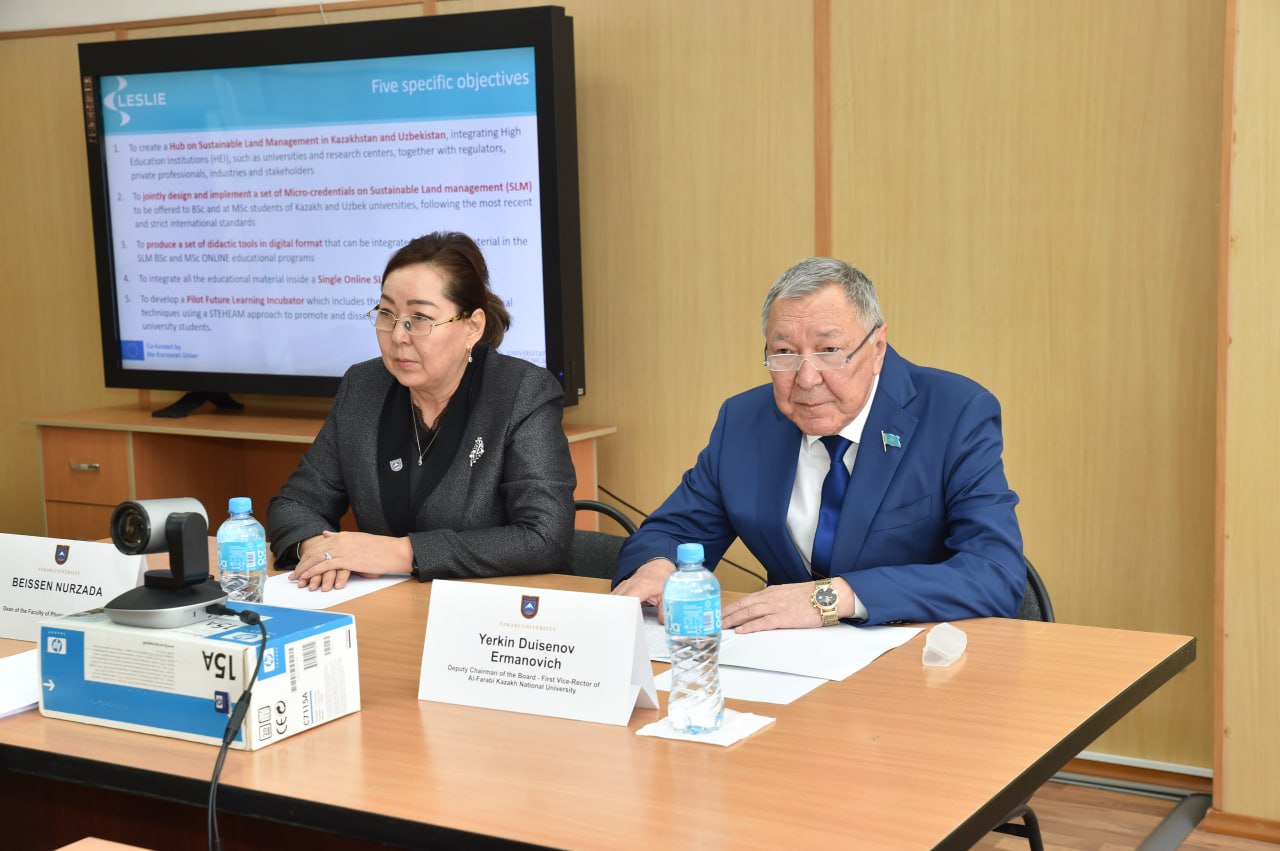
Speaking at the seminar, Erkin Duisenov, Acting Deputy Chairman of the Board - First Vice-Rector of Al-Farabi Kazakh National University, said: ‘Erasmus+ programme for us is not just an exchange of students and teachers, but also a strategic tool to improve the quality of education and research. In recent years, KazNU has been actively involved in various Erasmus+ initiatives, and the results of our work are 86 concluded agreements on the ICM (Inter-Institutional Cooperation Mobility) programme. These agreements provide our academic environment with the opportunity to share experience, knowledge and culture with leading universities and research centres around the world’.
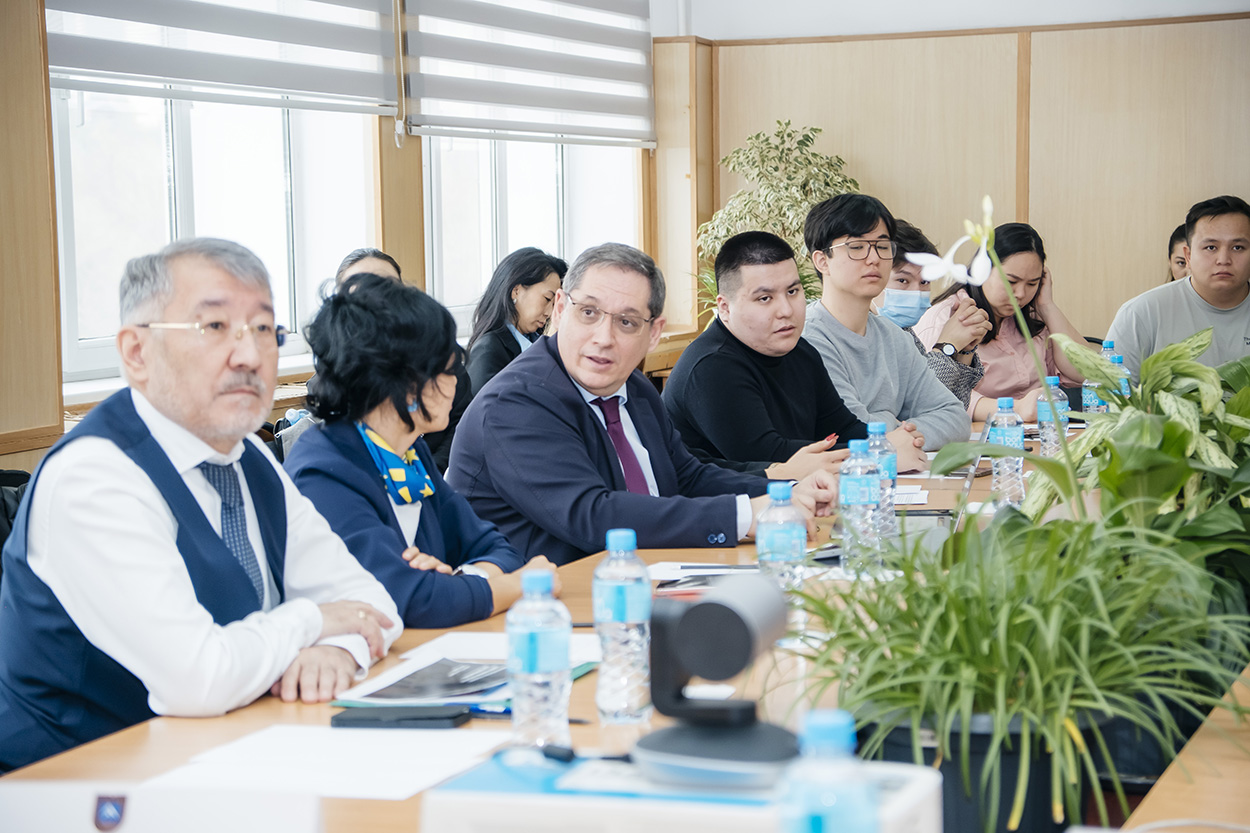
The meeting was attended by: coordinator of the Erasmus+ National Office in Kazakhstan Laura Boruanova, representative of the Committee for Environmental Regulation and Control of the Ministry of Ecology and Natural Resources of the Republic of Kazakhstan Amanbek Ramazanov, first vice-rector of Astana IT University, Doctor of Economics, Professor Serik Omirbaev and other domestic and foreign scientists involved in the development of modern technologies for the development of microbiology for sustainable management of land and natural resources.
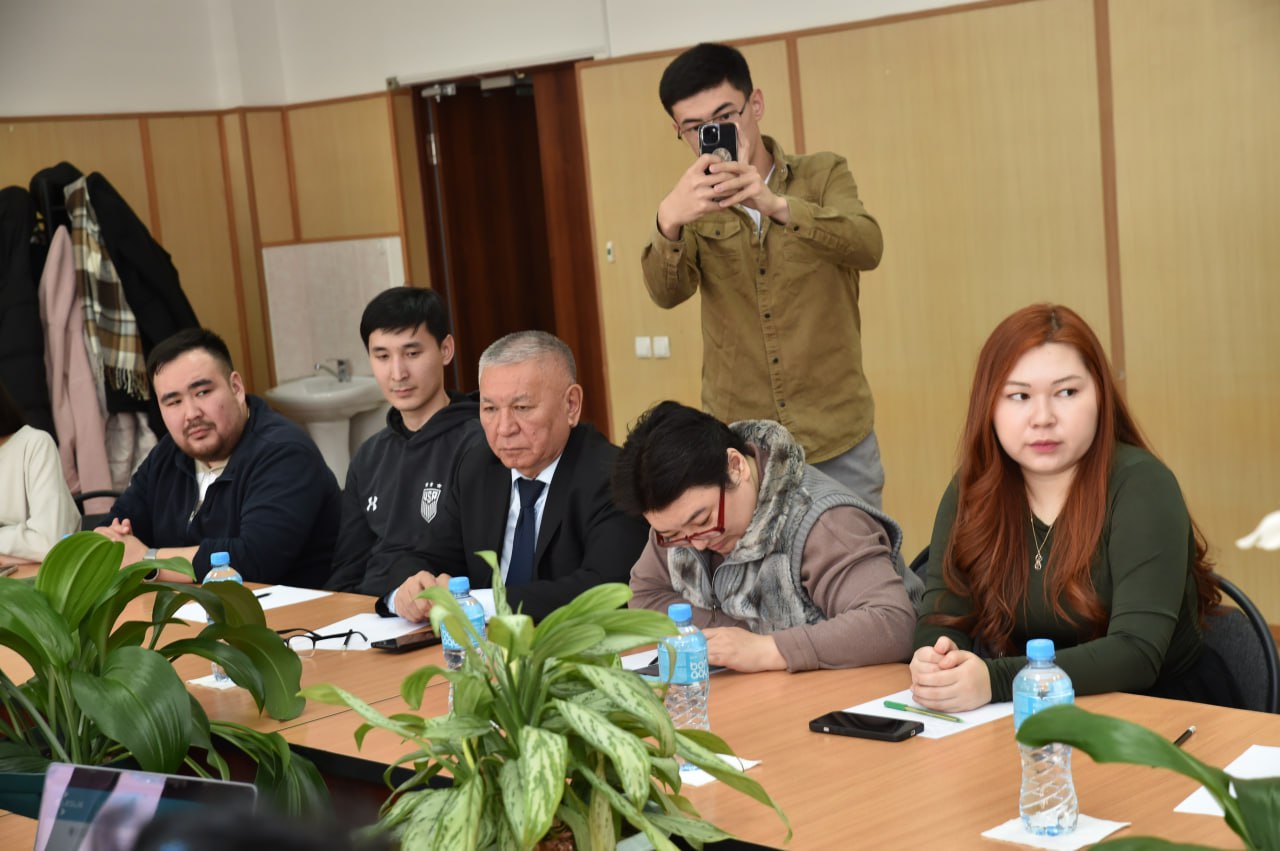
Workshop participants also identified relevant competences in realising the Sustainable Development Goals for universities and employers by 2030.
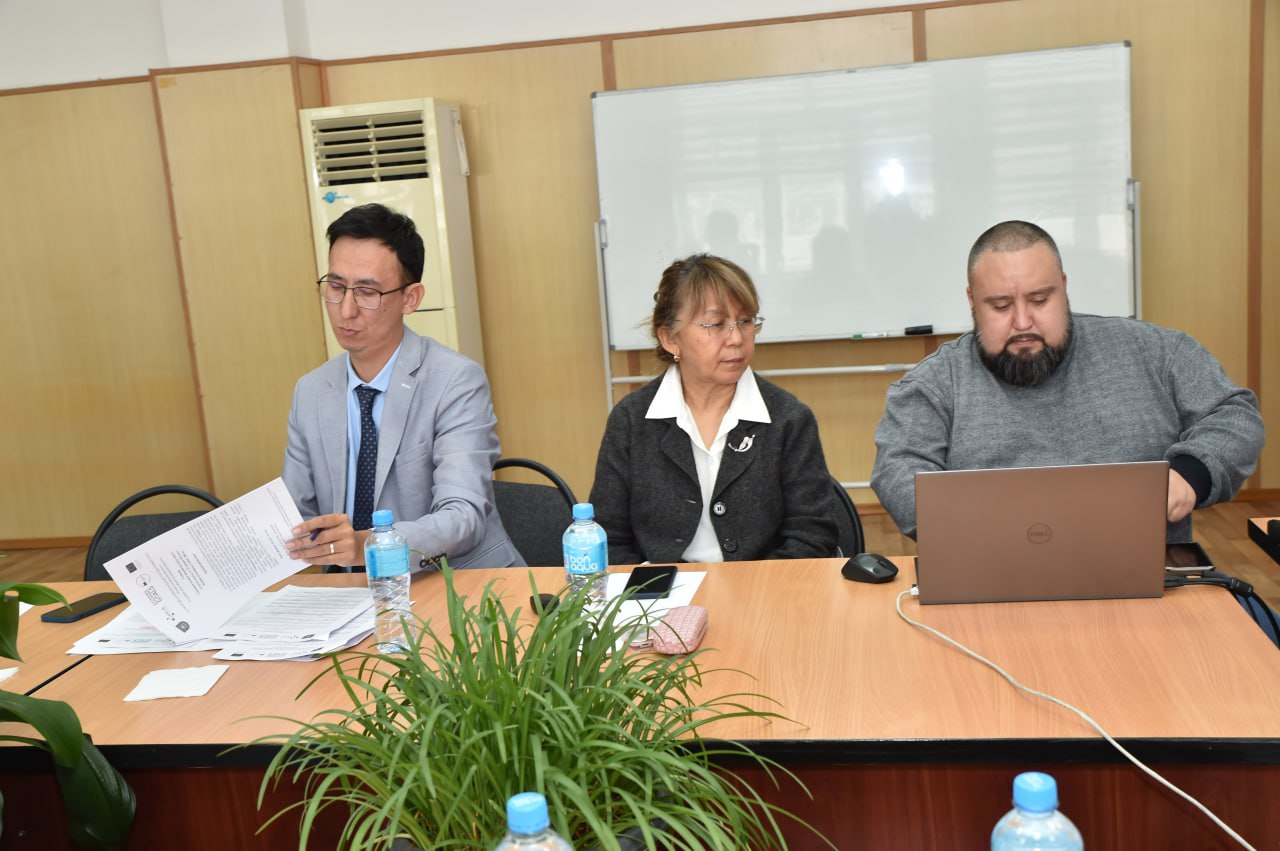
Press-service of Al-Farabi Kazakh national University
Other news
